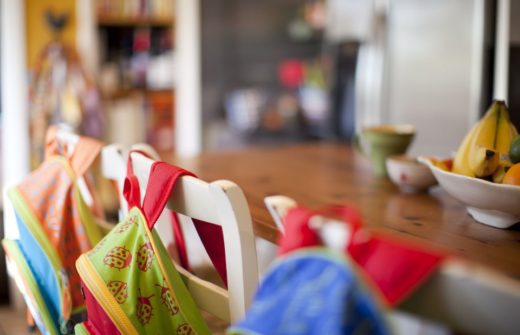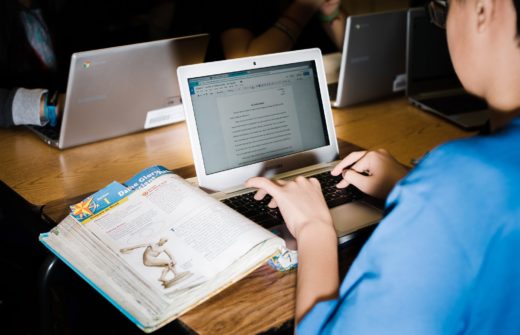Description
The Erasmus Mundus Joint Master Degree at the heart of this proposal focuses on Play, Education, Toys and Language (hereinafter PETaL). Its design is based on the best practices and expertise of the participating institutions. It is built by three programme country institutions [the University of Cordoba (Spain), the Polytechnic Institute of Lisbon (Portugal) and Marmara University (Turkey)] on a unique framework for the delivery of an EMJMD programme. The study programme, including the curriculum content, will be jointly delivered by the teaching staff of all the institutions involved plus the enriching contribution of expert guest scholars from all over the world (e.g. the USA, Africa, South America, and Europe).
Each of the programme countries will deliver 30 ECTS of the taught credits, resulting in a fully integrated curriculum of 120 ECTS (90 ECTS plus 30 ECTS Master Thesis). PETaL EMJMD is an innovative and unique course, which will enhance the attractiveness of the European Higher Education Area (EHEA).
Play, toys and games; intercultural education (IE); second language acquisition (ESLA), and early childhood education (ECE) are the key topics of PETaL, which until now have only been offered in isolation. By embedding these topics in a single, coherent programme we offer both European and international students the chance to develop a unique portfolio of skills and knowledge within a programme of study that ranges over three different countries (ES, PT and TR).
Students
61

Student-Teacher
1:4

Invited Lectures
30

The course modules are designed to intertwine pedagogical aspects with culture in order to emphasize the importance of culture in the practices of game and play within a plurilingual and intercultural context, such as it is 21st century society. The impact of culture on education in general, and on Early Childhood Education and child development in particular, has always been an interesting area for research; however, a programme like PETaL EMJMD that incorporates play, toys, language and intercultural education has not been introduced up to now. Through toys and play, children explore and know the rules and symbols of their communities, as well as recreate roles and situations that reflect their sociocultural and 21st century plurilingual world.
As a result, they learn how to subordinate desires to social rules, cooperate with others willingly, and engage in socially appropriate behaviour. Given all sociological factors and when they are evaluated together with the psychological ones, we can see that there is a current need for action to increase the amount and quality of play provided to children. Since discrepancies are observed between urban and rural areas and between different cultures, there is also need for action to start programs where cultures can learn and take advantage from the experiences of each other. In summary, the PETaL EMJMD reflects a common and integrated approach by the consortium that will provide graduates with an internationally recognised joint degree.

Learning Objectives
1. To enable collaborative and cooperative exchanges of knowledge, understanding and practice between partner institutions and students and across a range of international contexts bringing attitudes within Europe closer together and increasing employability within the broader European context.
4. To provide students with the theoretical knowledge and understanding and the practical skills to plan, implement and evaluate practice-and-data based enquiry, with a view to promoting the continual improvement and development of practices within the workplace.
2. To enhance the professional skills required to influence good practice in ECE across Europe and internationally, enabling students and staff to share and extend good practice through an extended project and communicate more easily with those from cultures other than their own.
5. To develop students’ competences to empower them to intervene in both formal and non-formal educational contexts, becoming agents for change within their own work settings and thus meeting the demands of a changing, complex, multilingual and intercultural society.
3. To enable students (and staff) to engage in meaningful research and knowledge transfer activities for the enhancement of professional development and entrepreneurship in ECE, to meet the needs of the ECE teachers, ECE schools and society in general, which require specialized training in diverse systems across Europe (ref. London 2007 Conference).
6. The joint focus on toys and play, culture and linguistic competence in an Early Childhood Education context enables our project to embrace core established traditions and sensitively encourage within the family and future generations a greater openness to acceptance of difference, working towards a future society whose members have a greater shared identity.






